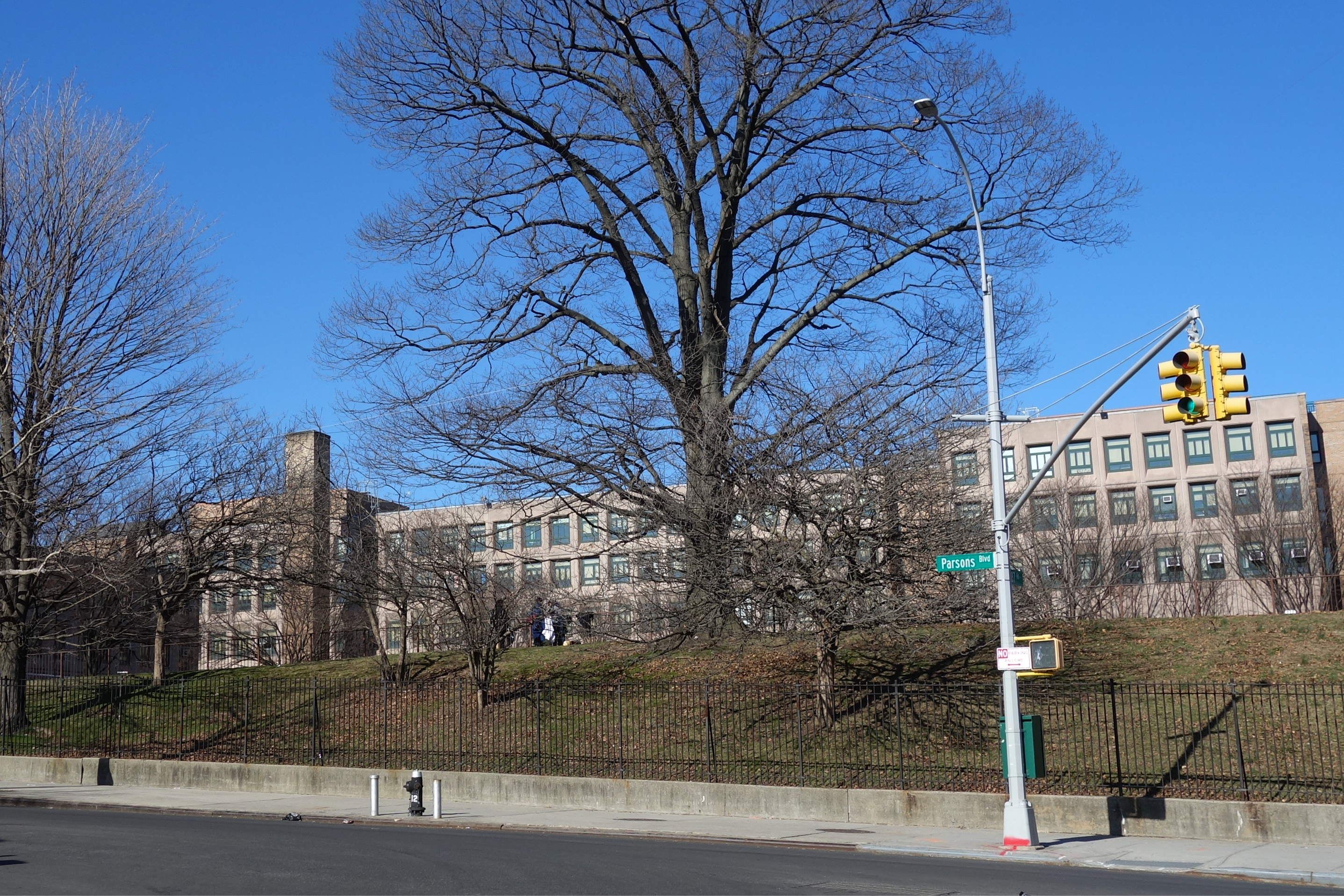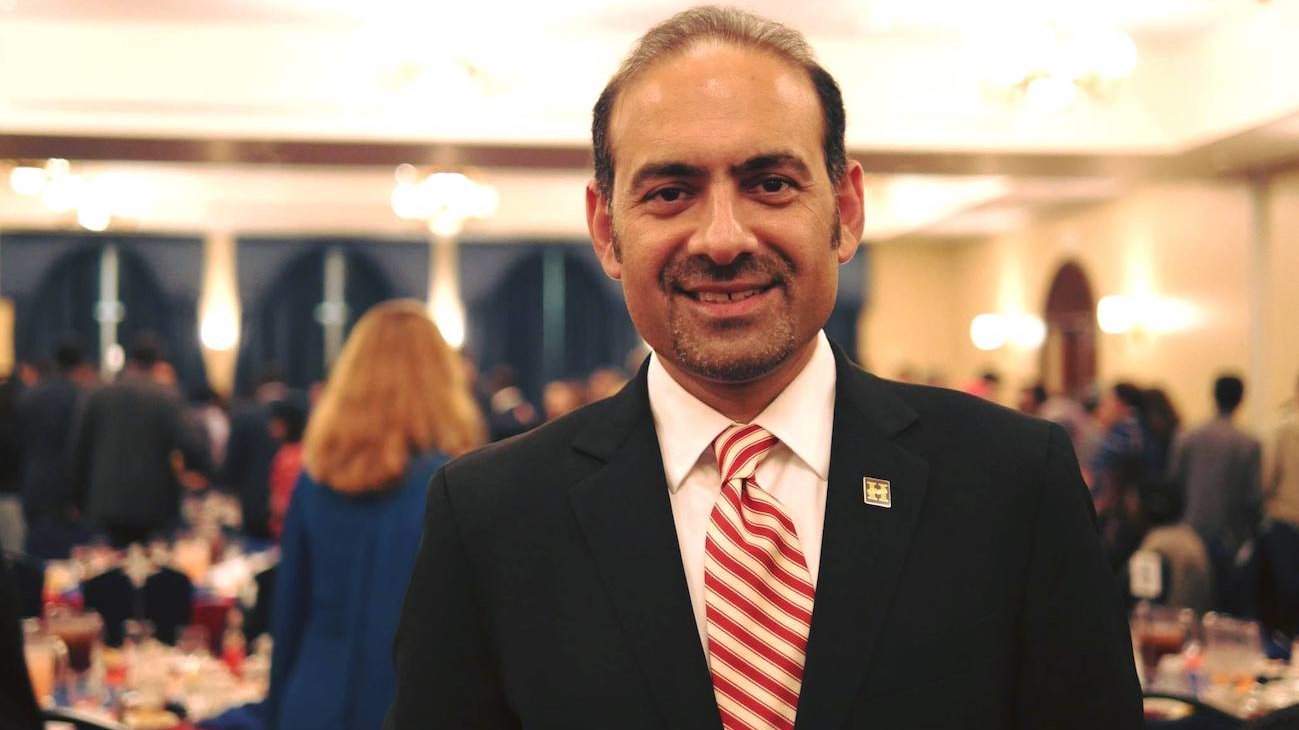
-
HOME
-
WHAT IS STANDOur Mission Our Values Our Help Contact
-
WHAT WE FIGHT FORReligious Freedom Religious Literacy Equality & Human Rights Inclusion & Respect Free Speech Responsible Journalism Corporate Accountability
-
RESOURCESExpert Studies Landmark Decisions White Papers FAQs David Miscavige Religious Freedom Resource Center Freedom of Religion & Human Rights Topic Index Priest-Penitent Privilege Islamophobia
-
HATE MONITORBiased Media Propagandists Hatemongers False Experts Hate Monitor Blog
-
NEWSROOMNews Media Watch Videos Blog
-
TAKE ACTIONCombat Hate & Discrimination Champion Freedom of Religion Demand Accountability
NYC Public Schools to Combat Antisemitism and Islamophobia With New Strategies
In the wake of October 7, lawmakers and observers initially focused on the swelling unrest on college campuses, but attention has increasingly turned to public school districts as well. The U.S. Department of Education recently announced that it would investigate New York City public schools over reports of antisemitism and Islamophobia.

In a related development, New York City public school chancellor David Banks announced new initiatives to stem hate.
Since October 7, swastika graffiti has appeared in schools, a school map was found with no indication of Israel, a student walkout involved the shouting of antisemitic slogans, and a riot at Hillcrest High School in Queens targeted a Jewish teacher. Multiple educators, parents and students have also been targeted with Islamophobia, harassment and bullying.
“It is no longer acceptable to hear, ‘Yes, we don’t want any antisemitism.’ Your words are not enough.”
Inspired by the Hillcrest riot, Tova Plaut, who works in the Manhattan education system, founded the New York City Public School Alliance to tamp down antisemitism in the city’s classrooms. “We’re hearing from parents and families daily about the hate that their children are facing in schools and they’re scared,” Plaut said. “They worry about the future. Not just the future of their children in the school system but also the children who are graduating from the school system with these ideologies.”
The Anti-Defamation League, the Jewish Caucus, and the city council’s Common Sense Caucus all decried the antisemitic incidents and the lack of effective action from the public school system.
“Heads need to roll,” said Sorolle Idels, who leads the Queens Jewish Alliance, a local Orthodox community group. “It is no longer acceptable to hear, ‘Yes, we don’t want any antisemitism.’ Your words are not enough.”
The chancellor’s January announcement unveiled measures including faculty training, more precise disciplinary guidelines and dialogue with local religious communities.
Banks said, “We will not solve the crisis in the Middle East, nor the many crises around the world that impact those in our schools, but we can and must live and work and learn together with respect.”
Banks announced that training will be made available for all middle and high school principals who will, in turn, train their staff on “navigating difficult conversations” about prejudice against Jews and Muslims. Beginning next month, parent leaders can avail themselves of anti-discrimination workshops. Students will also be encouraged to question what they see on social media and will be directed to objective, unbiased news about the conflict in the Middle East.
“We cannot leave it to social media to educate our children,” Banks said.
The chancellor also urged teachers to leave their personal viewpoints at home, saying, “Our job is to educate, not to indoctrinate.”
“I hear you,” Banks added. “I’m taking this very seriously. Hate and harassment of any kind are unacceptable and will not be tolerated in our schools.”






